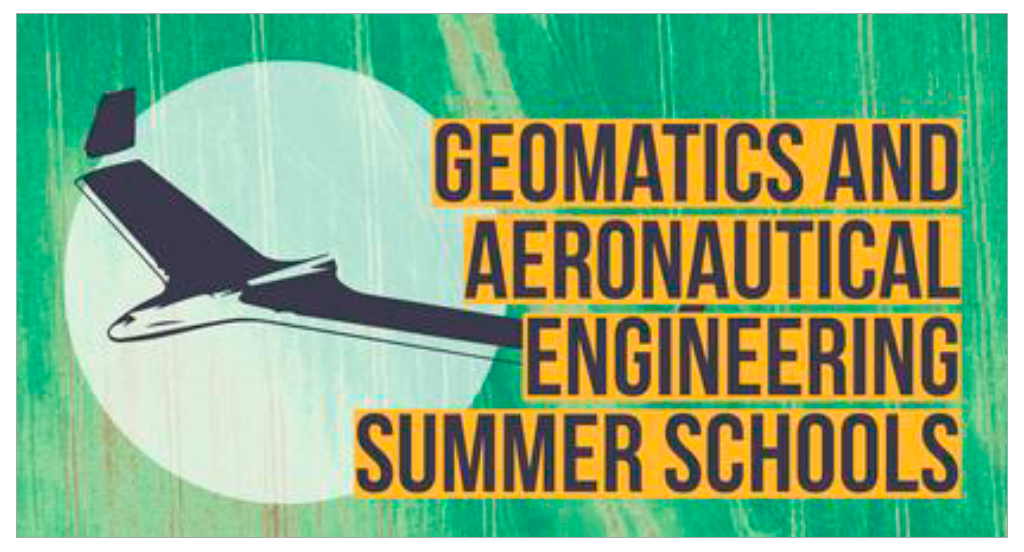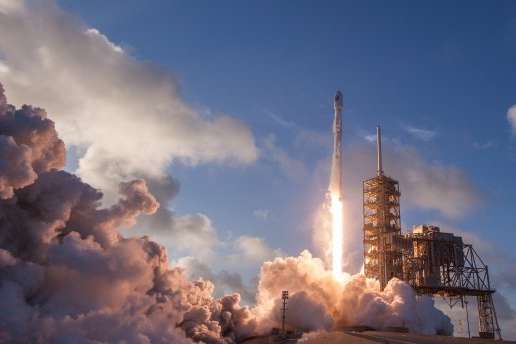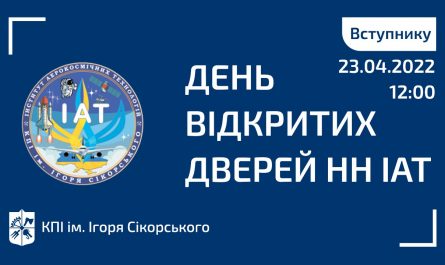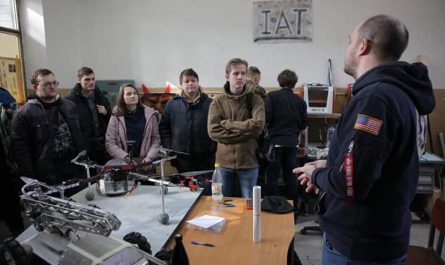
Most important information:
Key dates
Registration for school: – 22th may 2022
School online lectures – 20th -24th June
Hands-on experience (Warsaw, Poland) – 27th June – 1st July
Who can apply:
• students or PhD candidates that have 120 ECTS or more and are from Aerospace/Mechanics discipline or similar.
• English B2 min
Students who are accepted will get a stipend for travel and allowance ~1000 Euro.
For more details please visit www.
Or mail to Antoni.kopyt@pw.edu.pl – head of the summer schools
Lectures
The Aviation summer school is focused on presenting some of the most interesting aspects and research in aviation domain. During the summer school participants will get some basic knowledge about the aerodynamics, UAVs, materials and additive manufacturing. The lectures and laboratories will be leaded by our best staff and with the use of most advanced infrastructure and facilities.
UAV
Selected aspects of the design and usage of UAVs. Students will learn what is important in the design of a UAV. How different disciplines, like: aerodynamics, structures, mass distribution, flight stability, technology, affect each other and influence the final design. What are practical issues of using UAV. How to optimize UAV and with numerical tools.
Aerodynamics and Aeroacustics
Basics of aerodynamics and aeroacoustics. Course will be focused on flow-acoustics interactions, which includes effects on the generation and propagation of sound and computational application in aerodynamics and aeroacoustics. Reference noise measurement points in certification process of a modern commercial airliner, about the sources of sound and their mathematical representation. Major sources of aircraft noise and computational aeroacoustics (CAA):
Additive manufacturing and Materials
Basics of 3D printing. The theoretical introduction and an overview of the additive manufacturing technologies available on the market will be presented. The principles of designing for 3D printing will be discussed, focusing on the most popular techniques: FDM, SLA and DMLS/SLS. During the hands-on part, students will be introduced to the basics of operating 3D printers. This part will include work safety, basic operation and maintenance activities. As part of the workshop, students will design and print sample parts or specimens, which will then be tested for mechanical characteristics.
Aircraft design
This module develops the knowledge about the aircraft design process and environment of their work. Also, how the design process can be aided by computer tools and experimental tests. Theoretical principles are underpinned by a case study. The module covers problems of aeronautical and space environment, phases and challenges of design process. The requirements, design, and functions of aircraft main components will be discussed. Finally, the methods of how the design process can be aided by numerical tools will be presented.
Mechanics of flight
The objectives of this course will be to discussed the theoretical, numerical, and semi-empirical methods for applied aerodynamics and flight performance analysis that are commonly employed in engineering practice for aircraft design and operations. It will be discussed basics of flying vehicles dynamics, and selected problems of static and dynamic stability and control of aircraft and helicopters. Some aspects of aerobatic maneuvers and high angles of attack aerodynamics and dynamics, including Loss of Control in the Flight phenomenon will be also discussed.
Laboratories
Part of the laboratories will be held on Aviation Research Center in Przasnysz near Warsaw (3 days) and some laboratories will be placed at Faculty infrastructure. Students will be transported and stay in ARC facilities for three days and then transported to Warsaw.
Aviation Center
UAV
Basic knowledge and getting acquaint with various platforms (quadcopters, planes, own constructions, DJI), data acquisition and basic analysis (RGB, thermal, multispectral). Students will see how the construction of the UAV may affect the data collecting and will gain some experience in various application of sensors and onboard devices.
Additive manufacturing
During the hands-on part, students will be introduced to the basics of operating 3D printers. This part will include work safety, basic operation and maintenance activities. As part of the workshop, students will design and print sample parts or specimens, which will then be tested for mechanical characteristics
Gliders
Each student would be able to take a flight with instructor in gliders! But before that students will learn how to prepare the glider to flight, safety issues and regulations!
Faculty
Materials
During the practical part, students will be acquainted with modern measurement methods used in research in the field of materials and structural strength. As part of the workshop, students will carry out strength tests of specially prepared samples containing notches made of materials with different elastic-plastic properties. During the destruction process, deformations will be recorded using the Digital Image Correlation (DIC) system.
Aerodynamics:
Application of computational fluid dynamics (CFD) in laminar boundary layer instability flow regime which is typical for low and moderate Reynolds numbers. Application of computational fluid dynamics (CFD) in laminar boundary layer instability flow regime which is typical for low and moderate Reynolds numbers.
Additional events
During the Summer school there will be a grill/welcome event held in Aviation Research Center in Przasnysz! In middle of the week there will be organized a polish day event on which participants would be able to try classic polish food and drinks!




